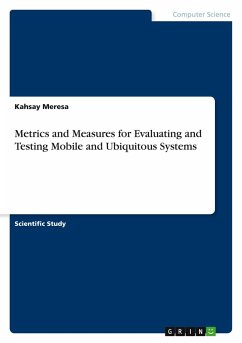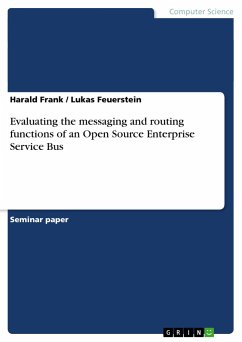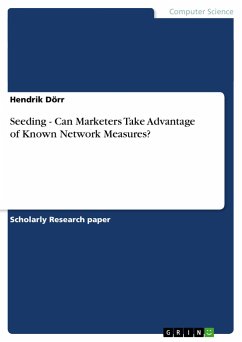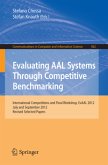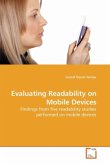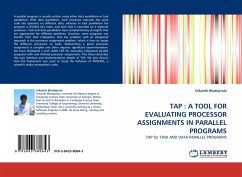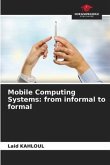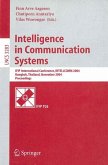Scientific Study from the year 2025 in the subject Computer Science - Commercial Information Technology, grade: Excellent, Mekelle University (Ethiopian civil aviation authority), course: computer science, language: English, abstract: The rapid proliferation of mobile and ubiquitous systems has fundamentally transformed how people engage with digital services-enabling real-time interactions across diverse environments and ever-changing contexts. Characterized by continuous availability, seamless integration, and deep context-awareness, these systems bring unique challenges spanning performance, usability, security, and scalability. Evaluating them demands a holistic set of metrics that not only capture technical efficiency but also human-centered factors such as user satisfaction and adaptability. This paper presents a comprehensive framework of metrics and testing methodologies tailored for mobile and ubiquitous systems. It covers critical dimensions including performance, energy efficiency, usability, context-awareness, and security, while emphasizing the role of simulation tools, real-world testing, and user feedback in crafting resilient and trustworthy technologies. As these technologies become woven into the fabric of smart cities, healthcare, transportation, and disaster response, this research lays the foundation for future innovations that harmonize technical excellence with empathy and inclusiveness-empowering mobile and ubiquitous systems to be not just smart, but truly human-centric and reliable. It can be used by: 1. Researchers and Academics 2. System Designers and Engineers 3. Mobile App and Software Developers 4. ICT Industry Professionals and QA Engineers 5. IoT and Ubiquitous System Providers 6. Policy Makers and Standards Bodies as a reference
Bitte wählen Sie Ihr Anliegen aus.
Rechnungen
Retourenschein anfordern
Bestellstatus
Storno

